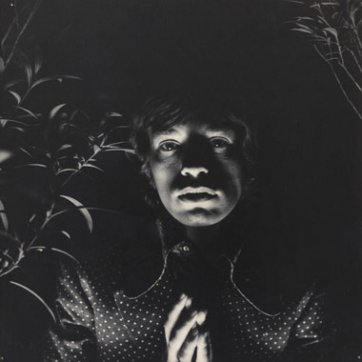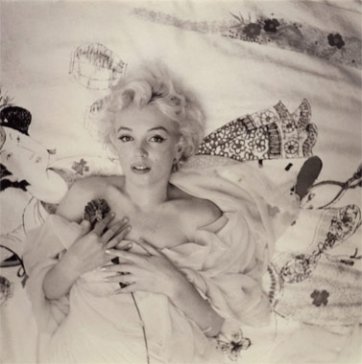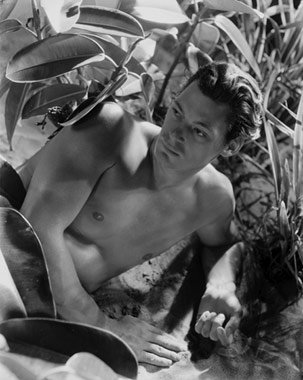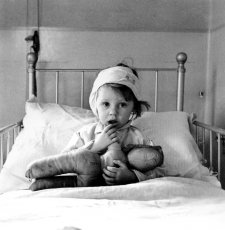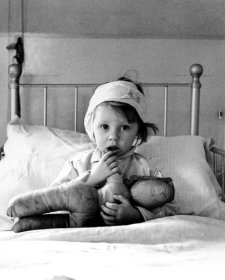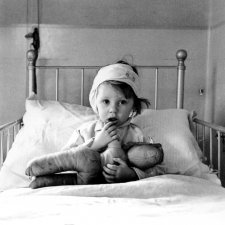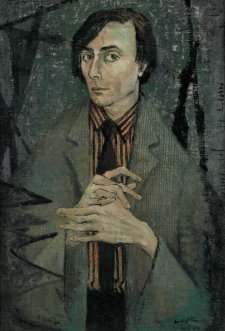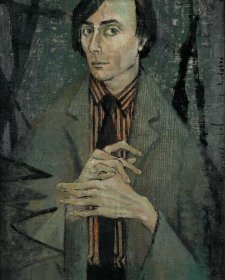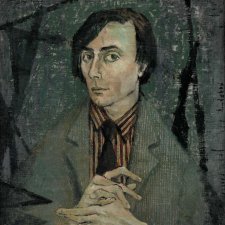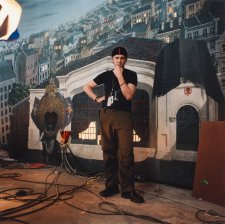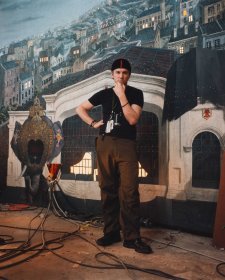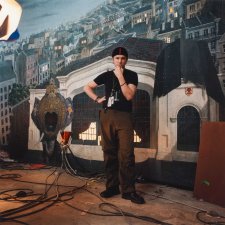Accomplished illustrator, painter, writer and diarist, set designer and one of the most distinguished photographers of the twentieth century, Cecil Beaton is renowned for his portraits of well known faces from the worlds of fashion, literature, and film. His long and varied career and his ability to attune himself to changing fashions enabled him to capture a diverse range of subjects on camera, from the Sitwells to the Rolling Stones, from Salvador Dali to Francis Bacon, from Audrey Hepburn to Marilyn Monroe. This travelling exhibition from the National Portrait Gallery, London, includes portraits of Beaton - both self portraits and portraits by other artists, provides a comprehensive look at both the photographer and his work.
Cecil Beaton (1904-1980) is one of the most celebrated British portrait photographers of the Twentieth Century and is renowned for his images of elegance, glamour and style. The major retrospective exhibition Cecil Beaton: Portraits marks the centenary of Beaton's birth, bringing together over 150 portraits from the five remarkable decades of his career. The exhibition organised by the National Portrait Gallery in London includes definitive portraits of the twentieth century, which capture 50 years of fashion, art, literature and celebrity.
Cecil Beaton was born in London in 1904 and acquired his first camera at the age of 11. He became renowned for his portraits of well-known faces from the worlds of fashion, literature and film. For many years he was a major contributor to Vogue in London , Paris and New York . His long and varied career and his ability to attune himself to changing fashions enabled him to capture a diverse range of subjects on camera, from the Sitwells to the Rolling Stones, from Salvador Dali to Francis Bacon, from Audrey Hepburn to Marilyn Monroe.
The exhibition features work taken from Beaton's first four Hollywood visits including images of Gary Cooper, Loretta Young, Marlene Dietrich and Johnny Weissmuler, preparing for his first Tarzan film. Other works from the 1930s include French subjects taken in Paris , such as the fashion designers Coco Chanel and Elsa Schiaparelli, and the artists Beaton befriended such as Jean Cocteau and Pablo Picasso. Other exhibition highlights include Beaton`s 1956 portrait of Marilyn Monroe, from her own collection, which is accompanied by his handwritten eulogy about her.
With the outbreak of the Second World War, Beaton devoted himself to his work as an official war photographer. The Home Front is represented by pictures of Land Girls and Beaton's unforgettable portrait of the 3 year-old blitz victim Eileen Dunne (1940) in a hospital bed in the north of England . During this period Beaton also captured wartime artists such as the poet Cecil Day-Lewis, composer Benjamin Britten and the memorable study of the elderly Walter Sickert and his wife Helen Lessore.
In the 1950s, Beaton produced many of his most famous portraits of women including Audrey Hepburn, Maria Callas, Elizabeth Taylor, Grace Kelly and Ingrid Bergman. Male subjects included Francis Bacon, Lucian Freud, John Betjeman, Sugar Ray Robinson, Frank Sinatra, Sammy Davis Jr and Dean Martin.
In 1956 Beaton started work on the costume designs for the first version of My Fair Lady for the American stage with Julie Andrews and Rex Harrison and was to continue with the production in its various forms until his own Oscar-winning work for the film version starring Audrey Hepburn in 1964. In the midst of this he also won an Oscar for his work on another great film musical Gigi (1957) with Leslie Caron.
It is testament to Beaton's flexibility and skill that he reinvented his photographic style for a new decade. In the 1960s, he was revitalised by working with some of the era`s brightest cult figures such as David Hockney, Jean Shrimpton, Rudolf Nureyev and most importantly Mick Jagger. Up until a paralysing stroke in 1974, Beaton continued a punishing work schedule, whether working on the Barbra Streisand film On a Clear Day You Can See Forever or photographing Warhol and his entourage in New York .
The exhibition concludes with Beaton's later poignant portraits of Ralph Richardson and Louise Nevelson, and a recumbent Bianca Jagger photographed in the conservatory of Beaton's home at Reddish.
Cecil Beaton: Portraits is curated by Terence Pepper, Curator of Photographs at the National Portrait Gallery in London and is a National Portrait Gallery exhibition, London. Sponsored by Emirates.
